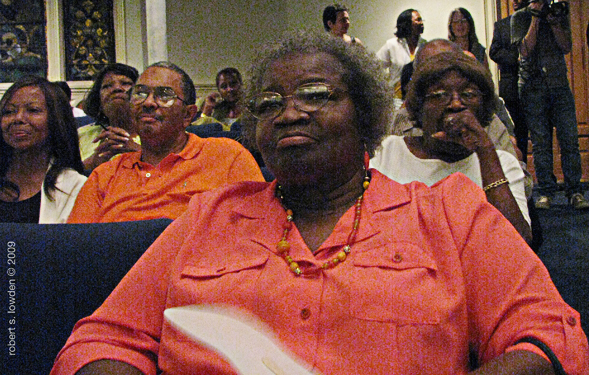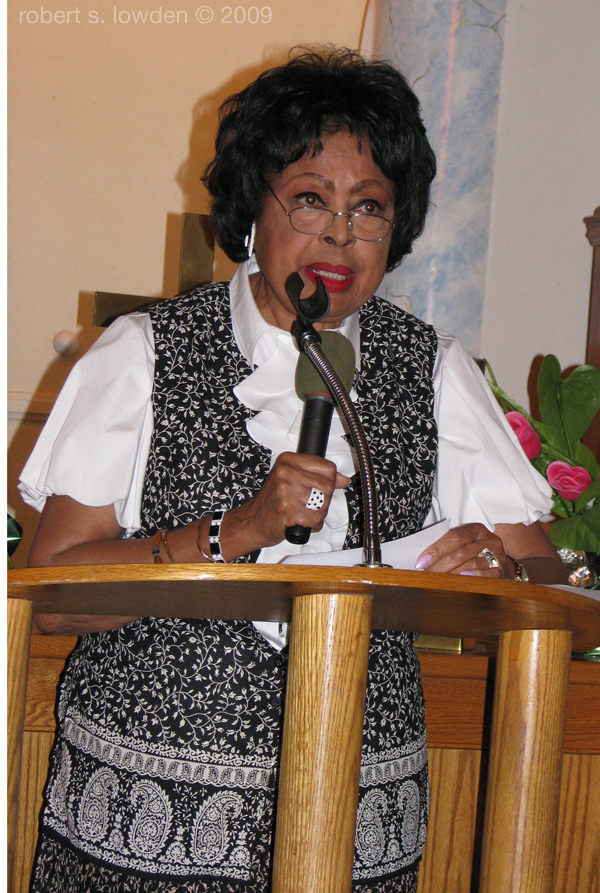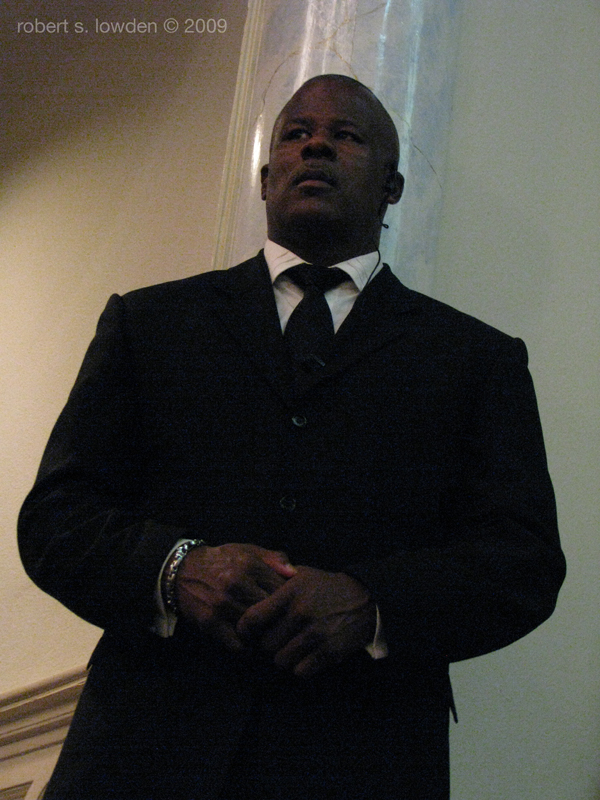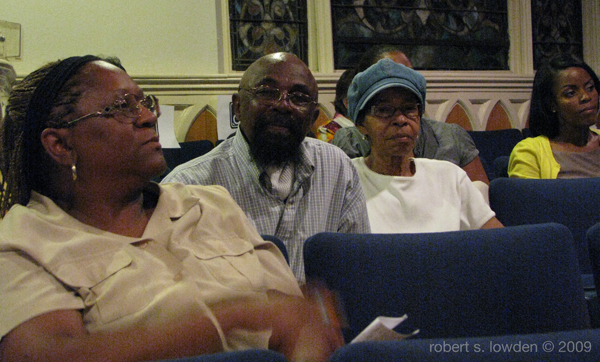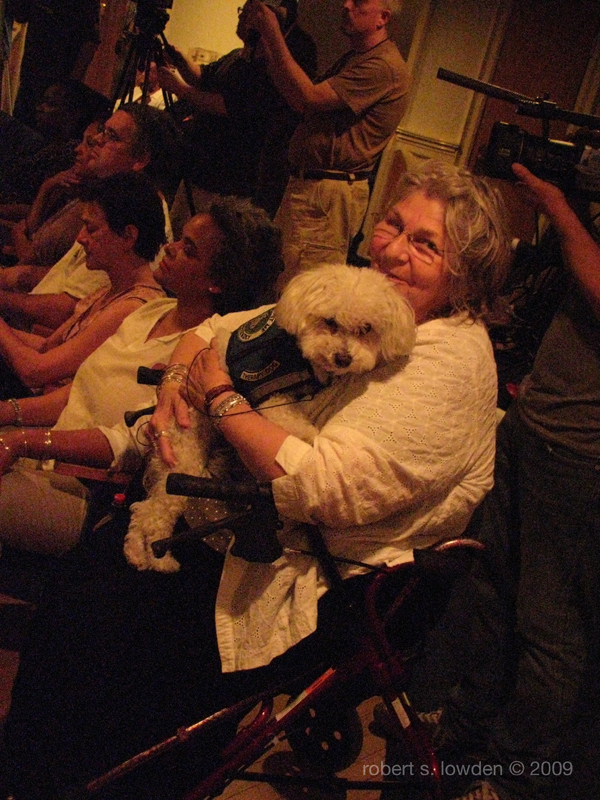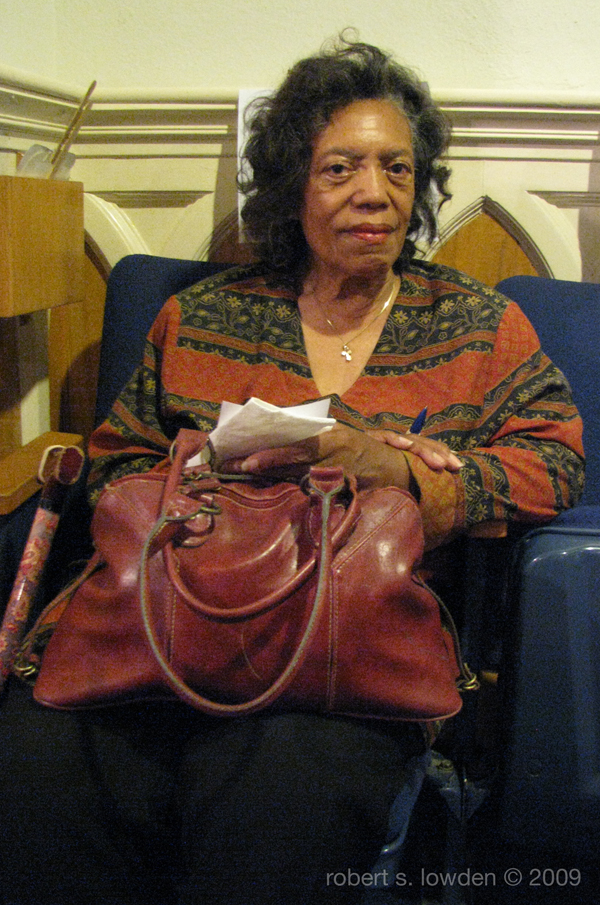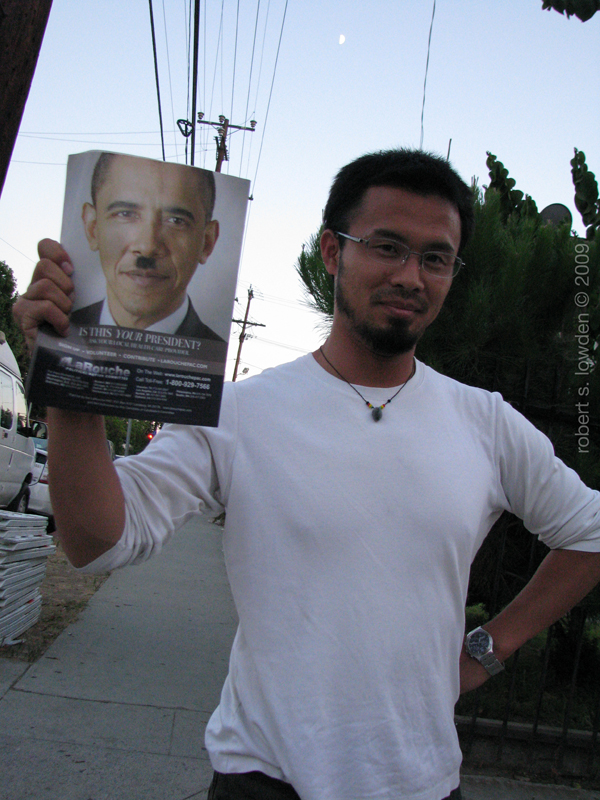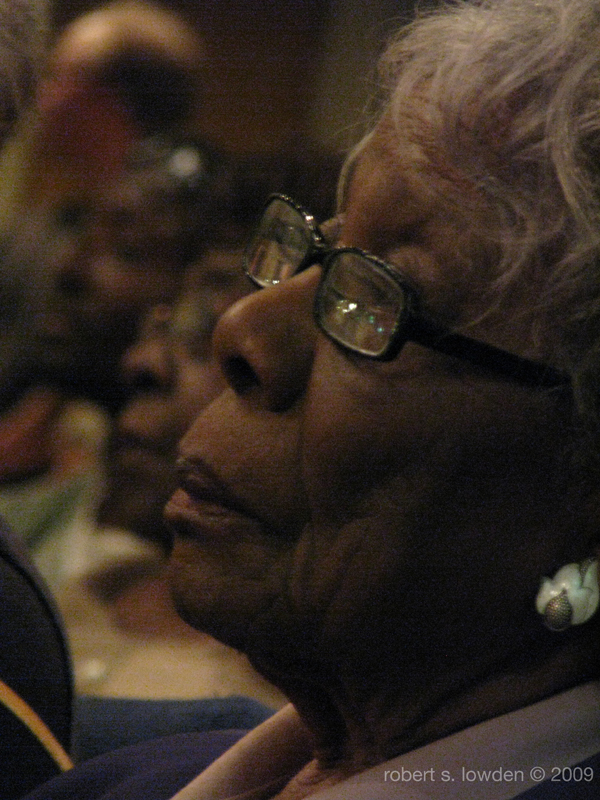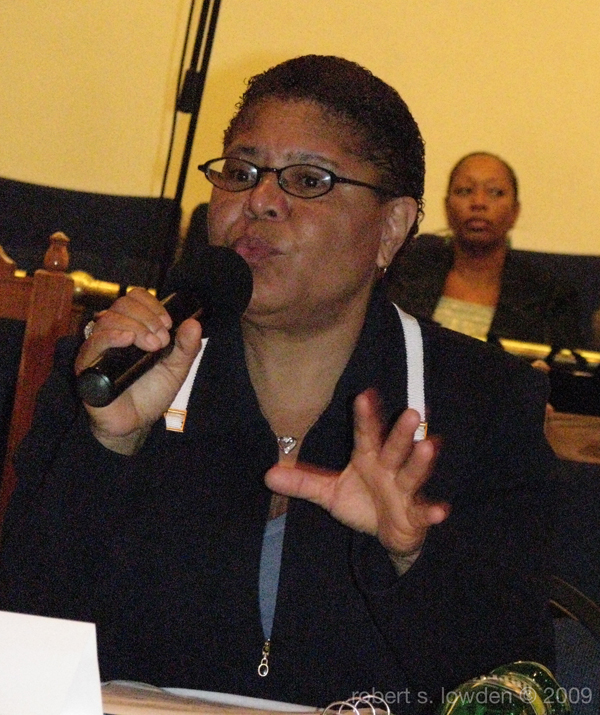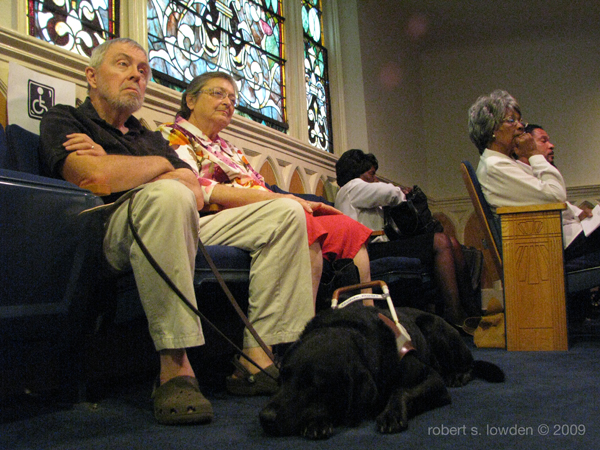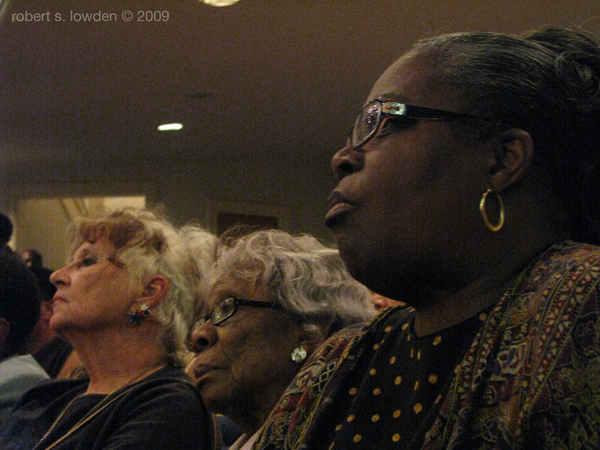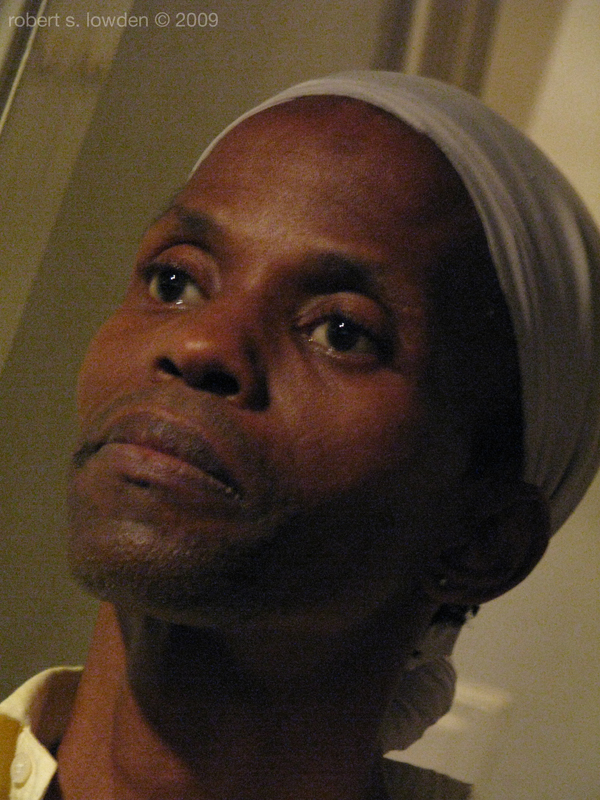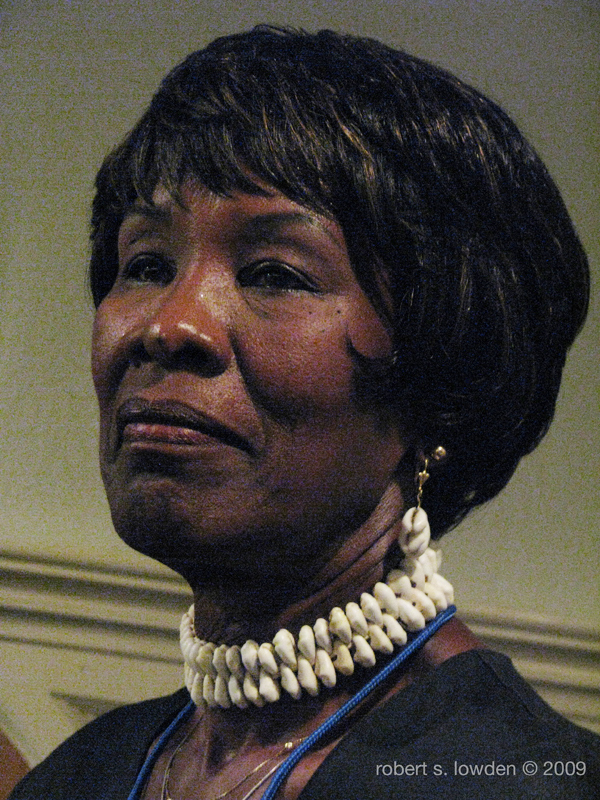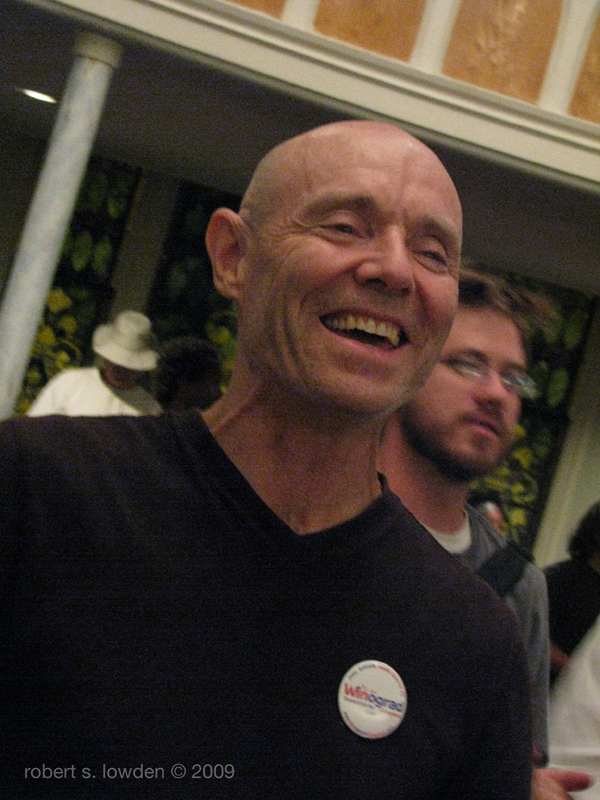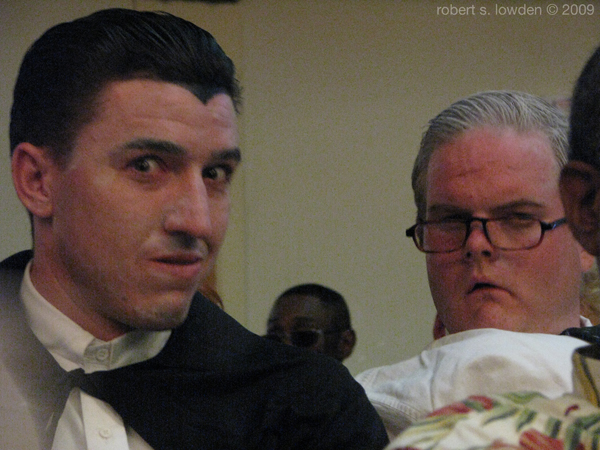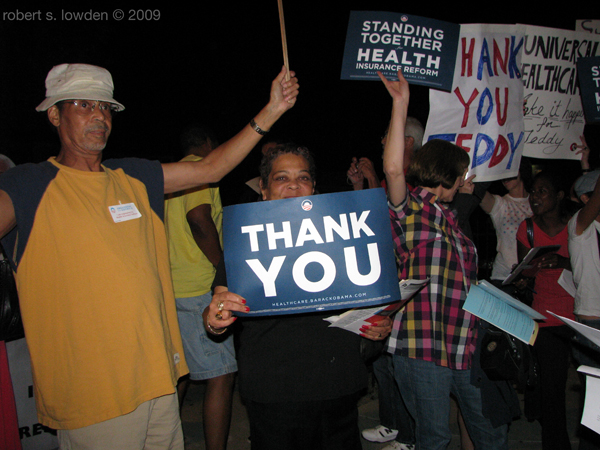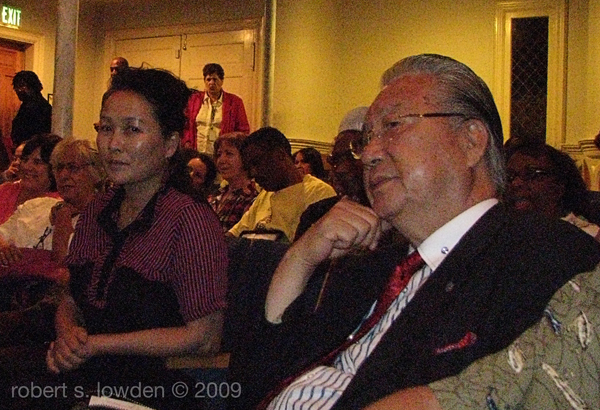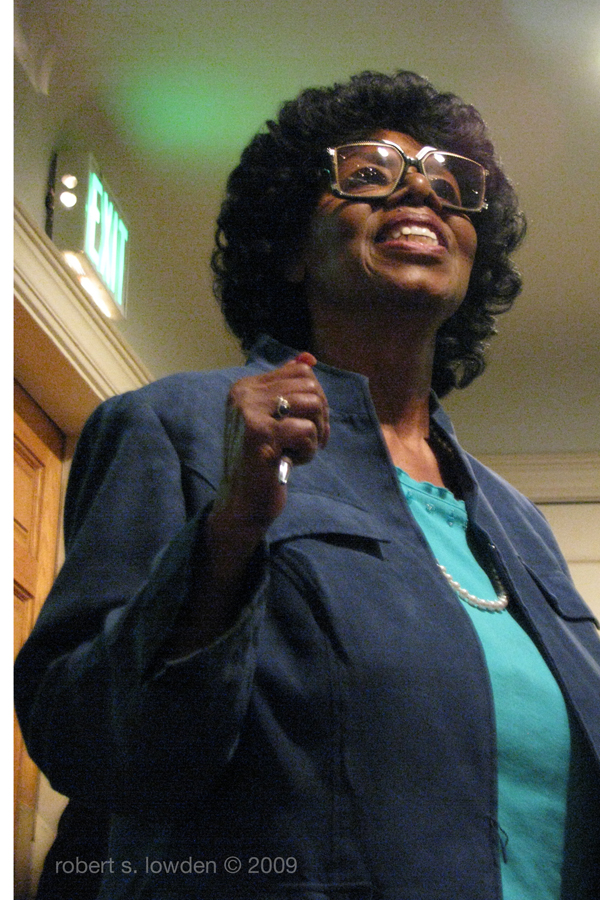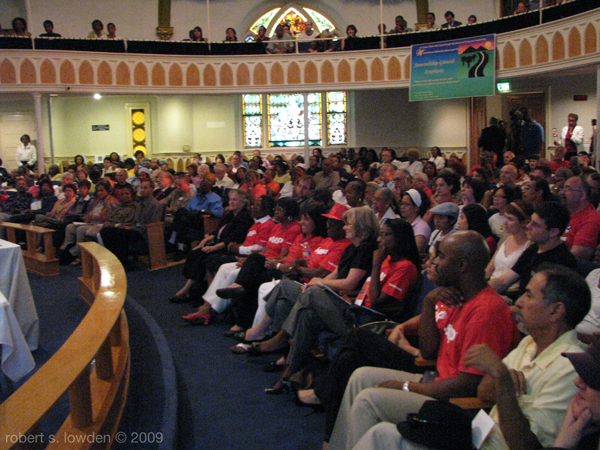| About Us | Contact Us | Calendar | Publish | RSS |
|---|
|
Features • latest news • best of news • syndication • commentary Feature Categories IMC Network:
Original Citieswww.indymedia.org africa: ambazonia canarias estrecho / madiaq kenya nigeria south africa canada: hamilton london, ontario maritimes montreal ontario ottawa quebec thunder bay vancouver victoria windsor winnipeg east asia: burma jakarta japan korea manila qc europe: abruzzo alacant andorra antwerpen armenia athens austria barcelona belarus belgium belgrade bristol brussels bulgaria calabria croatia cyprus emilia-romagna estrecho / madiaq euskal herria galiza germany grenoble hungary ireland istanbul italy la plana liege liguria lille linksunten lombardia london madrid malta marseille nantes napoli netherlands nice northern england norway oost-vlaanderen paris/Île-de-france patras piemonte poland portugal roma romania russia saint-petersburg scotland sverige switzerland thessaloniki torun toscana toulouse ukraine united kingdom valencia latin america: argentina bolivia chiapas chile chile sur cmi brasil colombia ecuador mexico peru puerto rico qollasuyu rosario santiago tijuana uruguay valparaiso venezuela venezuela oceania: adelaide aotearoa brisbane burma darwin jakarta manila melbourne perth qc sydney south asia: india mumbai united states: arizona arkansas asheville atlanta austin baltimore big muddy binghamton boston buffalo charlottesville chicago cleveland colorado columbus dc hawaii houston hudson mohawk kansas city la madison maine miami michigan milwaukee minneapolis/st. paul new hampshire new jersey new mexico new orleans north carolina north texas nyc oklahoma philadelphia pittsburgh portland richmond rochester rogue valley saint louis san diego san francisco san francisco bay area santa barbara santa cruz, ca sarasota seattle tampa bay tennessee urbana-champaign vermont western mass worcester west asia: armenia beirut israel palestine process: fbi/legal updates mailing lists process & imc docs tech volunteer projects: print radio satellite tv video regions: oceania united states topics: biotechSurviving Citieswww.indymedia.org africa: canada: quebec east asia: japan europe: athens barcelona belgium bristol brussels cyprus germany grenoble ireland istanbul lille linksunten nantes netherlands norway portugal united kingdom latin america: argentina cmi brasil rosario oceania: aotearoa united states: austin big muddy binghamton boston chicago columbus la michigan nyc portland rochester saint louis san diego san francisco bay area santa cruz, ca tennessee urbana-champaign worcester west asia: palestine process: fbi/legal updates process & imc docs projects: radio satellite tv |
printable version
- js reader version
- view hidden posts
- tags and related articles
View article without comments Orderly Town Hall Meeting Explores Public Optionby WG with Photos by Robert Stuart Lowden Monday, Aug. 31, 2009 at 11:32 AMrlowden@earthlink.net Civility and Decorum Take Precedence at Ward A.M.E Health Care Forum/Discussion
Diane Watson’s Town Hall meeting on Thursday night in South LA was extremely orderly and calm, completely different from the Adam Schiff Town Hall in Alhambra. Perhaps it was the venue that caused people to be sedate – Ward A.M.E. Church off of Hoover, one of LA’s oldest African American churches, and most of the 300 or so seats were filled. There were a range of opinions and questions, but the clapping seemed to be dominated by a large, diverse group of Single Payer advocates who appeared to have shown up with little coordination. Opponents or skeptics of reform were also present, but their views were largely only raised as questions.
A lot of the night was scripted, with interruptions to mention specific individuals. The first scripted bit was a story about a small business owner who was unable to buy health insurance, and let himself get ill. When he was ill, he went to hospitals, and they would not treat him because he wasn’t sick enough. Eventually, he ended up at a public hospital, but he was so sick that even after obtaining help, he passed on. I totally related to this story, because it’s hard to get insurance, and nobody will see you, until you end up at a county facility, and, surprisingly enough, the staff are good and sympathetic. The second bit was about an older woman who went to Watson’s office to advocate for Single Payer. The crowd went wild with applause, but nobody got out of their seat or whooped or anything like that. (This was the A.M.E. church, after all.) I clapped loudly, but felt a little self-conscious, because it was louder than everyone else. So, thus, the parameters were set – the two poles are the plight of the uninsurable petit-bourgeois entrepreneur, and the Single Payer advocate/activists. The questions were then asked – there was no “open mic” and questions were written on cards. Questions were addressed by a panel, which included a representative from AARP, Health Access, and King Drew Medical Center. http://www.health-access.org/ http://www.aarp.org/ The opener was a critic of government-run health care, who pointed out that Amtrak, the USPS, and public schools were failing, so why should health-care be any different. The response was textbook– University of California…. And public insurance would be optional, not mandatory. A questioner was concerned that Medicare Advantage would be eliminated. They responded that they would not eliminate Medicare Advantage, a private insurance “medi-gap” coverage administered through HMOs. (They didn’t point out that the Medicare gap was created by insurance lobbyists, so they could pressure Medicare patients into a privatized system for alleged efficiencies of HMOs.) Then, Karen Bass came in and played to the audience. Watson then introduced a local Congressional aide headed to DC. The next question asked was if she supported the Public Option. Answer was yes, and the audience approved. The next question was if she knew of the study saying that Single Payer would create millions of jobs. Watson talked at length about something unrelated about how legislation was done in the open, but that there’s 2,300 pages to HR 3200 and, hinted that she didn’t know about that report. The asker got on the mic and clarified that Single Payer would create 2.6 million jobs. Watson mentioned the Kucinich amendment and HR 676, and the crowd responded with applause. The next question was about monitoring quality of the public option. The rep from King Drew described that part of HR 3200 would research best practices and effectiveness in health care. Watson suggested that if public options tend to be the best, when we may end up with a single payer system. The crowd applauded. The next question was about IMAC, the Independent Medicare Advisory Council, which would try to get Medicare costs under control. I didn’t understand the question or the answer on this one, but, IMAC has become a right-wing talking point. The IMAC would be able to change how Medicare works, as long as it doesn’t enlarge the Medicare budget. As the night fell, it became apparent to Watson that this audience was demanding that the Public Option be strong, and that Single Payer be considered seriously. So she played along. People were on the same page here, in probably one of the most liberal areas of the county. She has it pretty easy. A questioner raised a query about the Cuban health care system. Watson danced around the issue, but, the audience seemed to be into it, so she started talking about how it works there. As the conversation went on, Bass and Watson reminisced about their trips to Cuba, and the great educational and community based health care systems in Cuba. One thing that was dismaying was the lack of representation of Latino and Asian people. This district is probably majority Latino – Central American and Mexican – and is also the heart of the Korean, Thai and Filipino communities (and formerly the Japanese too). The audience was mostly African American and a little bit White. It's too bad because Latinos and Koreans have pretty high rates of not carrying medical insurance, because they work in small businesses. WG Los Angeles
Report this post as:
Rep.Diane Watsonby WG with Photos by Robert Stuart Lowden Monday, Aug. 31, 2009 at 11:32 AMrlowden@earthlink.net
error
Report this post as:
Securityby WG with Photos by Robert Stuart Lowden Monday, Aug. 31, 2009 at 11:32 AMrlowden@earthlink.net
error
Report this post as:
Town Hall Participantsby WG with Photos by Robert Stuart Lowden Monday, Aug. 31, 2009 at 11:32 AMrlowden@earthlink.net
error
Report this post as:
Town Hall Participant and Poochby WG with Photos by Robert Stuart Lowden Monday, Aug. 31, 2009 at 11:32 AMrlowden@earthlink.net
error
Report this post as:
Town Hall Participantby WG with Photos by Robert Stuart Lowden Monday, Aug. 31, 2009 at 11:32 AMrlowden@earthlink.net
error
Report this post as:
LaRouche Supporterby WG with Photos by Robert Stuart Lowden Monday, Aug. 31, 2009 at 11:32 AMrlowden@earthlink.net
error
Report this post as:
Town Hall Participantby WG with Photos by Robert Stuart Lowden Monday, Aug. 31, 2009 at 11:32 AMrlowden@earthlink.net
error
Report this post as:
Speaker of the Assembly Karen Bassby WG with Photos by Robert Stuart Lowden Monday, Aug. 31, 2009 at 11:32 AMrlowden@earthlink.net
error
Report this post as:
Town Hall Couple and Their Guide Dogby WG with Photos by Robert Stuart Lowden Monday, Aug. 31, 2009 at 11:32 AMrlowden@earthlink.net
error
Report this post as:
Town Hall Participantsby WG with Photos by Robert Stuart Lowden Monday, Aug. 31, 2009 at 11:32 AMrlowden@earthlink.net
error
Report this post as:
Town Hall Participantby WG with Photos by Robert Stuart Lowden Monday, Aug. 31, 2009 at 11:32 AMrlowden@earthlink.net
error
Report this post as:
Town Hall Participantby WG with Photos by Robert Stuart Lowden Monday, Aug. 31, 2009 at 11:32 AMrlowden@earthlink.net
error
Report this post as:
Town Hall Singerby WG with Photos by Robert Stuart Lowden Monday, Aug. 31, 2009 at 11:32 AMrlowden@earthlink.net
error
Report this post as:
Town Hall Participantby WG with Photos by Robert Stuart Lowden Monday, Aug. 31, 2009 at 11:32 AMrlowden@earthlink.net
error
Report this post as:
Dissentersby WG with Photos by Robert Stuart Lowden Monday, Aug. 31, 2009 at 11:32 AMrlowden@earthlink.net
error
Report this post as:
Thankyouby WG with Photos by Robert Stuart Lowden Monday, Aug. 31, 2009 at 11:32 AMrlowden@earthlink.net
error
Report this post as:
Town Hall Participantby WG with Photos by Robert Stuart Lowden Monday, Aug. 31, 2009 at 11:32 AMrlowden@earthlink.net
error
Report this post as:
Town Hall Coordinatorby WG with Photos by Robert Stuart Lowden Monday, Aug. 31, 2009 at 11:32 AMrlowden@earthlink.net
error
Report this post as:
Town Hall Meeting Ward A.M.E. Los Angelesby WG with Photos by Robert Stuart Lowden Monday, Aug. 31, 2009 at 11:32 AMrlowden@earthlink.net
error
Report this post as:
More commentsby WG Monday, Aug. 31, 2009 at 3:12 PMWhat was surprising, in retrospect, was that most of the questions answered were from either the Single Payer talking points, or anti-reform talking points.
Watson directly addressed the controversies on both sides. She did it honestly, too. She said that the public option could become single payer... if it worked more efficiently than private insurance. Well, there you go. Maybe it will, and maybe it won't. I think a lot of people want "solutions", when, all they're able to deliver are incremental changes; it's discouraging. But there's hope; they offer up, more importantly, some new processes. The public option is a new kind of process that's similar to single payer. Will this process work better than the existing system? It's hard to know. The odds aren't that good for anything new to succeed, but, the real issue is if people are willing to engage in the system and make it work. When the public option is started (and I say "when" because I'm optimistic), one thing that people who have insurance can do, is switch over to the public plan. I don't even know if that is possible, because it would require that the law forces all employers to allow their workers to switch. Switch to the new system, then, build up democratic organizations around it. Build community groups that bring together administrators, doctors, nurses, and patients.
Report this post as:
|



